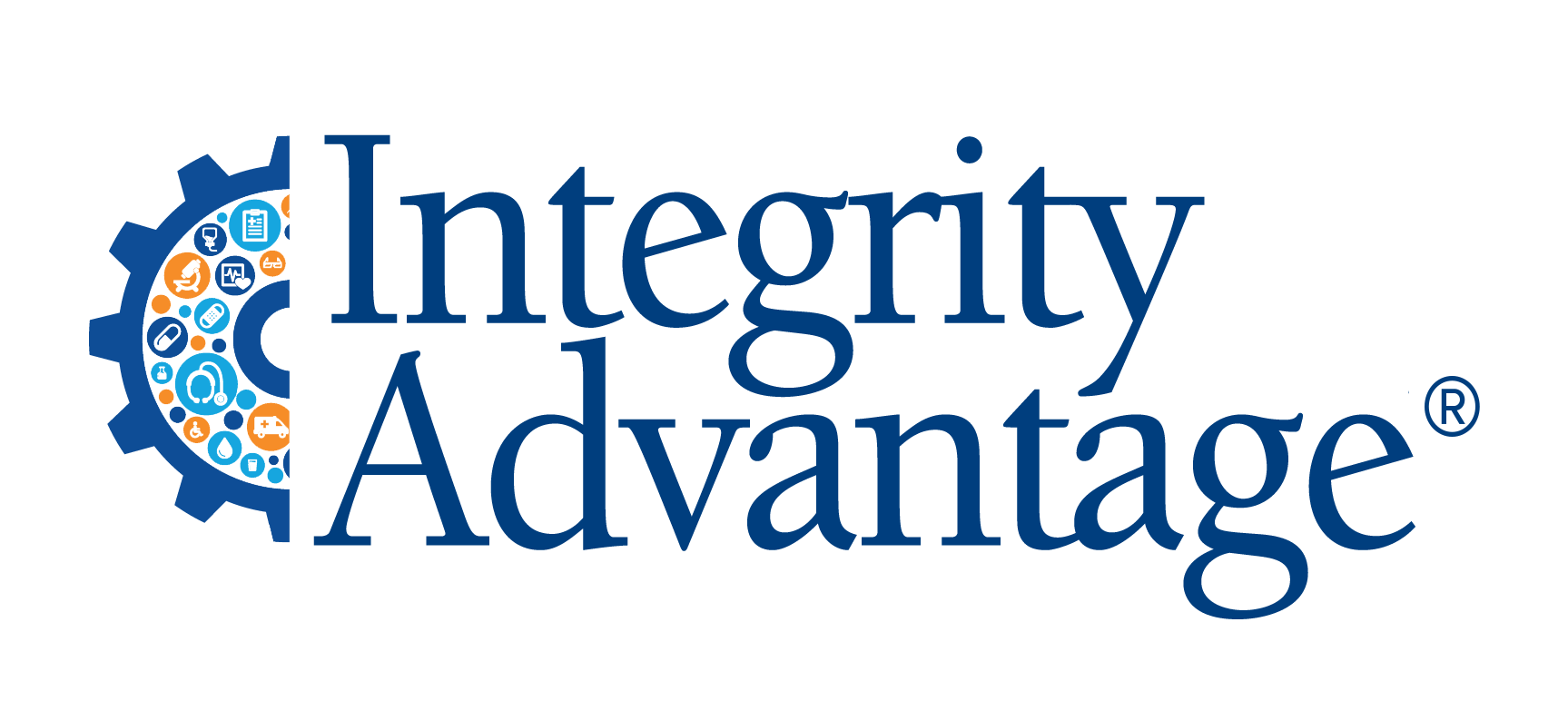CPC or RN: Medical Review Perspectives
Have you ever wondered whether you should have a coder or a nurse perform a medical review? You are not alone. In this article, a couple of Integrity Advantages nurses and coders share the different, yet valuable perspectives that that each bring to the table when doing a medical review and how to leverage these insights for better investigative outcomes.
CPC or RN: Medical Review Perspectives
In previous articles, we have talked about different facets of medical reviews including conditions of payment and what you need to have an effective review process. As you probably know by now, there are many aspects to a medical review - too many to list, but something less talked about is who should be performing the review. Should it be a coder or a nurse? In this article, we will discuss why both coding and clinical experience can be a tremendous asset in a healthcare fraud, waste and abuse (FWA) investigation.
The Basics.
A medical review is typically initiated when an FWA allegation requires documentation to validate that services were rendered as billed. Once records are requested and received, the reviewer will perform the review - usually with an allegation in mind. Are you comparing documentation to codes billed, do you suspect the provider of unethical behavior, or is the review for a particular scheme? These scenarios differ in context and will differ in how the review is performed.
A record review requires the reviewer to be able to identify patterns and behaviors that indicate potential FWA. This can be as simple as finding poor documentation that does not support the service codes and/or modifiers billed or as blatant as a clear lack of documentation that makes it questionable whether services billed were ever warranted or provided.
Experience Matters.
Having competent, knowledgeable people solidifies the work and the results of an investigation. When it comes to medical records, knowing your way around a report and ancillary documents is essential. While anyone can read a report, not everyone can understand or interpret it. Herein lies the dilemma.
Who is the best choice to perform a medical record review?
CPCs have been trained in the nuances of coding. They must pass stringent testing across a multitude of specialties, as well as be proficient in anatomy, physiology, and medical terminology. In this regard, they have similar knowledge to nurses. They are trained in correct coding guidelines and regulations that aid them in identifying relevant components of reports for procedural (CPT) billing, code bundling, and required documentation. They also have training in diagnosis coding, which forms the basis of medical necessity. In short, a CPC has been trained to translate the providers written narrative to numbers and reconcile those numbers to correct billing for reimbursement. They are able to review claims against the records and determine if the reporting violates correct coding initiatives.
RNs have working knowledge of medical processes and procedures. Their training requires them to effectively triage illnesses, efficiently gather data, treat minor injuries, calculate and administer medications, educate on proper health care, help to navigate quality patient care, etc. Along with this, they must accurately be able to document in and interpret the medical record. The RNs knowledge is key to reviewing written records and determining if clinical indicators such as vital signs, medical history, and current diagnosis are indicative and supportive of treatments being provided. Their work in the field also gives insight into possible unsound practices.
Differing Perspectives Are a Good Thing.
The descriptions above make it obvious that these unique professions will each have a different perspective in how they approach medical record reviews. Going back to the one of the questions we asked earlier, it is easy to see that coders will be more knowledgeable in direct comparison of codes, coding guidelines, and coding edits. A review of provider documentation regarding correct coding practices and reimbursement aligns with the business aspect of providers and may be better served by a CPC.
On the other hand, when a review needs to consider standards of care, the proficiency of a Registered Nurse in patient care methods and their work alongside practitioners enables them to review documentation, compare it to learned principles, and decipher if the quality of care meets the code expectations and health plan guidelines for reimbursement.
Schemes in FWA are varied. It is in these instances when a combination of experience may be helpful in delineating an outcome. Take for instance, home health personal attendant services (PAS). This service can be run by independent owner/operators. The requirements usually include a primary evaluation with creation of a plan of care and episodic care of the member by a qualified practitioner. The review of the episodic care by an RN would be beneficial in determining if clinical indicators support a continuation of services, while a review of the PAS records by a CPC would determine if the in-home care services performed were billed accurately.
Conclusion
Experience as a CPC or RN can add to the quality of the medical record review. Each credential brings differing perspectives to the table that will add value to the investigation. Having worked with or for healthcare providers enables both professions to gain an understanding beyond what they originally set out to learn. CPCs can become familiar with medical processes and procedures without performing them and RNs can learn the nuances of coding without billing them.
When it comes to determining who is best to perform a review, you should consider the types of FWA allegations and how they will need to be investigated.
Does it focus specifically on claims and payment?
Is it geared more toward improper practices?
Is there a concern about standards or quality of care?
By bringing together these different perspectives and skillsets, you will have a well rounded view of the medical record review.
Integrity Advantage is the way healthcare payers reimagine the value of their fraud, waste and abuse program.
We provide FWA services to payers around the country. If you need a program assessment, program growth strategy, investigations, medical reviews or training support -- reach out today.
We are a certified Women’s Business Enterprise (WBE) and an Economically Disadvantaged Woman Owned Small Business (EDWOSB).
For more information click below, call us at 866-644-7799 or email info@integrityadvantage.com.

